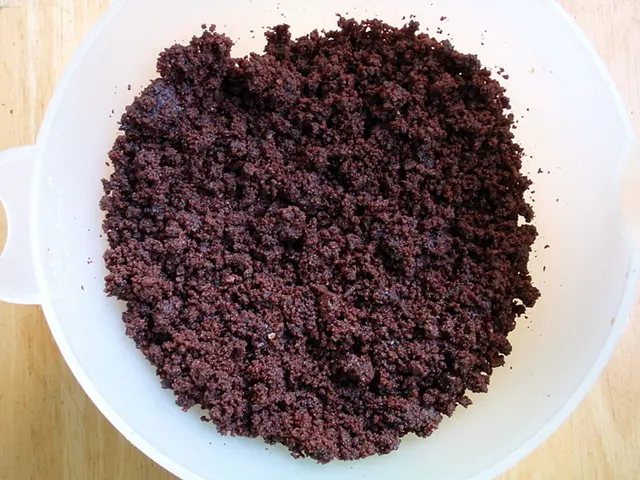Guidance on Feeding Babies for Their First Twelve Months
Starting your baby on solid foods is an exciting milestone. Here's a guide to help you navigate this journey safely and effectively, based on recommendations from the American Academy of Pediatrics (AAP), CDC, and WHO.
Begin around 6 months
Most experts recommend introducing solid foods at around 6 months, but not before 4 months. Signs of readiness include good head and neck control, the ability to sit with support, and interest in food (reaching for food, opening mouth).
Start with small amounts and single foods
Begin with about 1 teaspoon of a single food at the first few feedings to avoid overwhelming the baby. Introduce one new food at a time to monitor reactions or allergies.
Continue breast milk or formula
Until 12 months, breast milk or formula remains the primary source of nutrition. Solids complement but do not replace milk feeds in this period. From 6 months, milk alone may not meet all nutrient needs, especially iron, so iron-rich foods like fortified cereals and meats are recommended early.
Introduce common allergens
Introduce common allergens such as peanuts, eggs, dairy, and wheat early and regularly to reduce allergy risk. These should be given in safe, age-appropriate forms.
Avoid choking hazards
Do not give hard candies, whole nuts, or any foods that pose a choking hazard to babies.
Progressively increase amount and variety
Increase solid food amounts gradually based on baby’s hunger cues. At around 8 months, babies usually start eating solids before milk as they reduce milk intake naturally. By 12 months, toddlers can eat most foods served safely.
Avoid added sugars and salt
Sweets promote obesity by adding energy to foods with few nutrients to support growth. Honey and corn syrup can cause botulism in infants, which can be fatal. Cow's milk should not be substituted for infant formula or breast milk because it does not supply enough iron and has too much protein for babies less than 1 year old.
Introducing new foods
Feed baby the same single-ingredient food for one week before changing to another food. After new foods, watch for adverse reactions such as rash, wheezing, or diarrhea.
Helping sore gums
When baby starts getting teeth, add finely chopped or mashed foods to help sore gums. If baby has trouble swallowing, he/she may not be ready for solids yet. Wait a few days and try again.
Expanding the diet
At 6-8 months, babies can be introduced to vegetables, fruits, 100% fruit juice, and meats. At 8-10 months, babies can be introduced to cooked, mashed egg yolks, cottage cheese, yogurt, crackers, or bread. At 10-12 months, babies can eat the same foods as the family, as long as they are in small pieces and cooked or soft.
In summary, start solids at about 6 months when the baby is developmentally ready, begin cautiously with single foods including iron and allergens, prioritize milk feeds through the first year, and avoid choking risks. Repeated exposure develops taste preferences. Consult a pediatrician for personalized advice.
- To ensure your baby's health and wellness, supplement their nutrition with solid foods starting at around 6 months, following recommendations from health organizations like the American Academy of Pediatrics, CDC, and WHO.
- In the early stages, introduce common allergens such as peanuts, eggs, dairy, and wheat to reduce allergy risk, and avoid choking hazards like hard candies and whole nuts.
- As your baby progresses, expand their food-and-drink choices by introducing vegetables, fruits, meats, and other nutritious options, following a lifestyle that promotes a balanced diet and a commitment to science-backed health-and-wellness practices.




